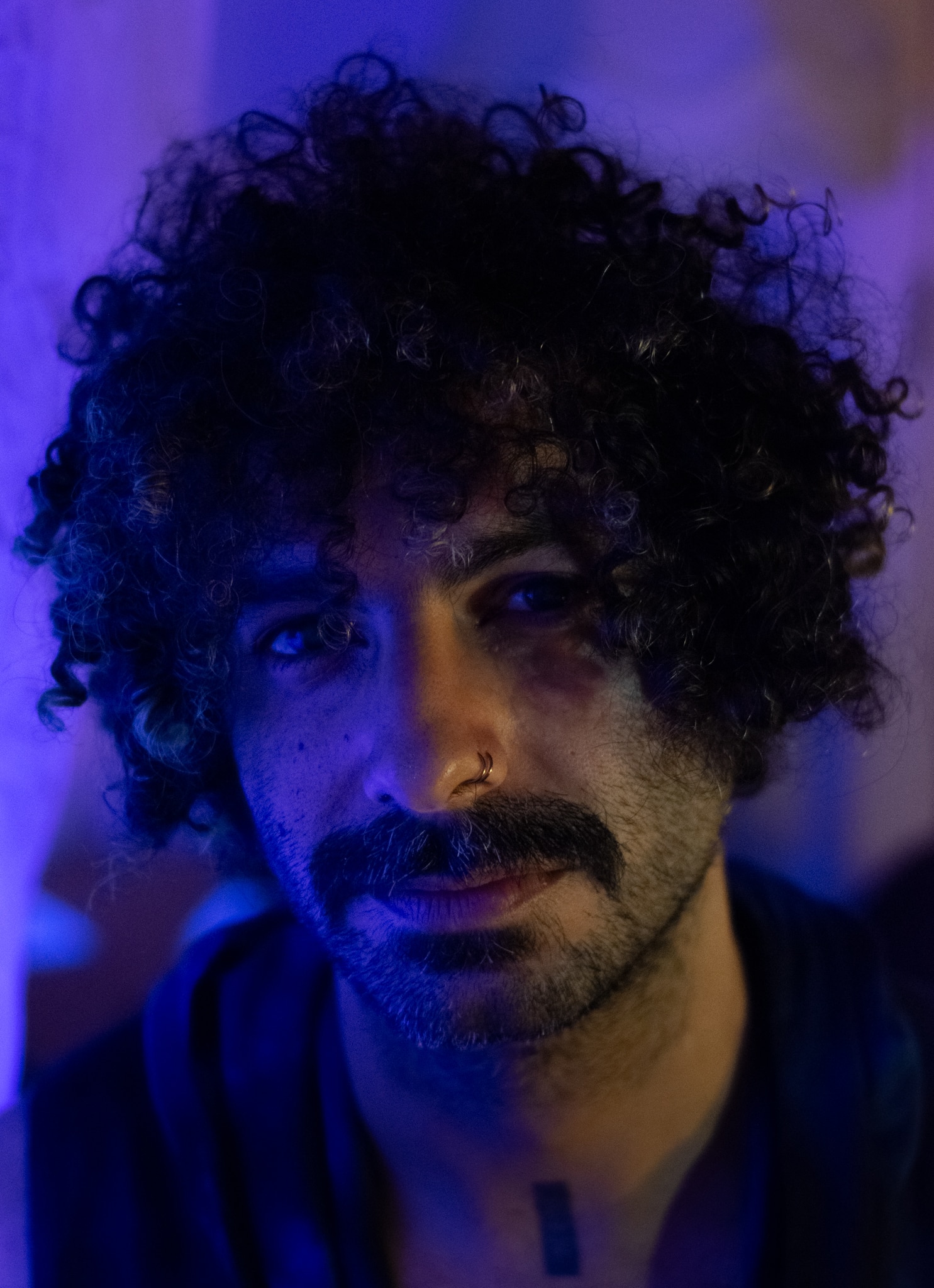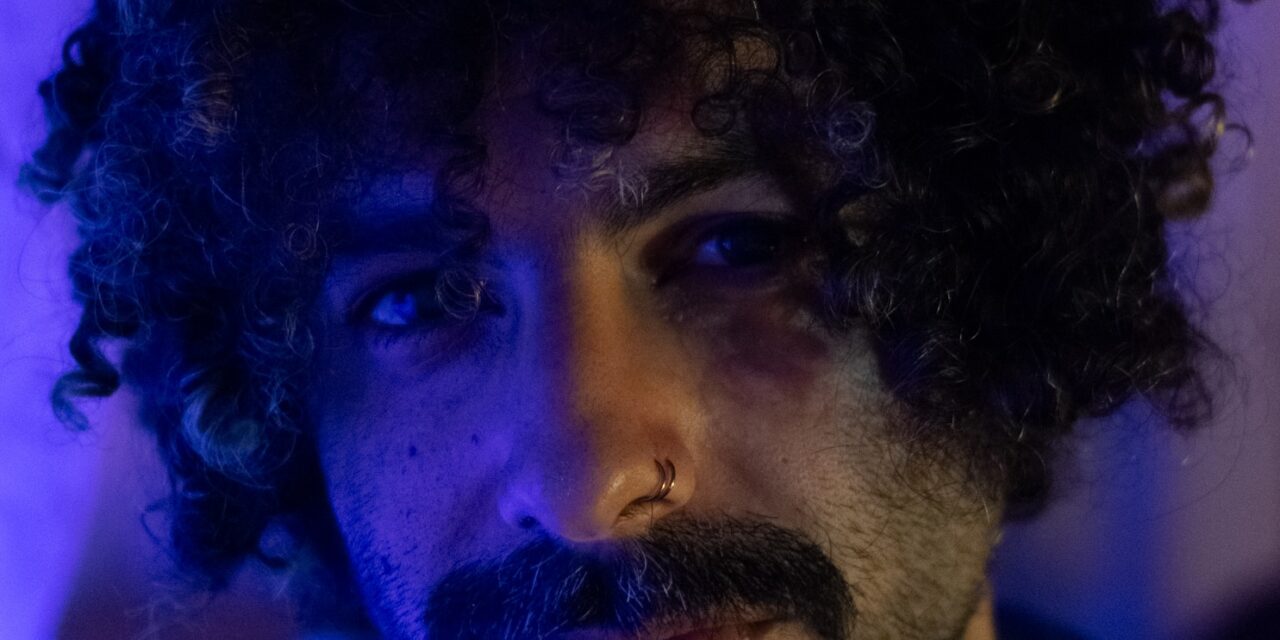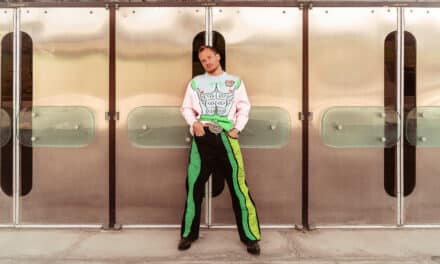Teddy Tawil [aka tedzi] is a Lebanese multi-instrumentalist and experimental_broken beats_bass_droneambient_club artist currently residing in Berlin, whose sound is an explosive blend of bashed rhythmical interventions [time hackeDDD], dystopian scapes, nervous transients, and agonizing tones, reflecting themes of deconstruction, collapse, and the destruction of destruction.
tedzi’s most recent work explores ever-changing sequencing techniques and the concept of resampling the self as a tool for digital resurrection.
Your music sounds like a system crash rendered in feeling—what does “destruction of destruction” mean to you sonically, spiritually, or politically?
Well destruction could also mean reconstruction. It is an ongoing process of amassing whatever energy is at my disposal from sonical ____ spiritual and stitching the self + extracting strength from environment and from within for the purpose of overcoming evil giants attempting to render us irrelevant.
Sonically, this somehow translates into a squeeking screeching moaning organism exhaling power _rhythms sprinkled with truth_from the source_melodies.
You call it resampling the self—are you trying to resurrect a version of you that once existed, or create something entirely new out of digital debris?
It is a collaboration with the machine to extract and project the precious complexities that cannot stay archived in the body. A persevering unapologetic radical resistant sonic form of the self. A copy of the self as backup, as a multiplied digital ally that aids in fighting back and preventing extinction.

There’s something violently tender in your use of rhythm—broken, anxious, confrontational. Where do these “nervous transients” come from?
They come from a push and pull negotiation between energy, time, persistence, space, the gut, reflection, overthinking that leads to insecure domains, affirmation that secure those domains, and an endless repetition of a truth/justice seeking endeavour.
From Beirut to Berlin, you’ve crossed cultural fault lines. How has displacement—or being in-between—shaped the sonic chaos you now call home?
There is familiarity in chaos. Home has always been chaotic. Coming to Berlin, home became intangible. An idea that I accepted to live without, and to seek to replace it with fragmented moments of sweetness.
You’re building from collapse. Is the dance floor still a place of healing for you, or just another battleground?
It is both and a lot more. And it depends. What I seek is when the dancefloor conveys truth. To be branched to it, bodies supporting each other, allowing the self to transcend the oppression behind the walls. It shakes. It carries our voices. It breeds power. And so we heal. Except when it just mirrors scary society, and a lot of times it does, and so it just feels like another battle.





